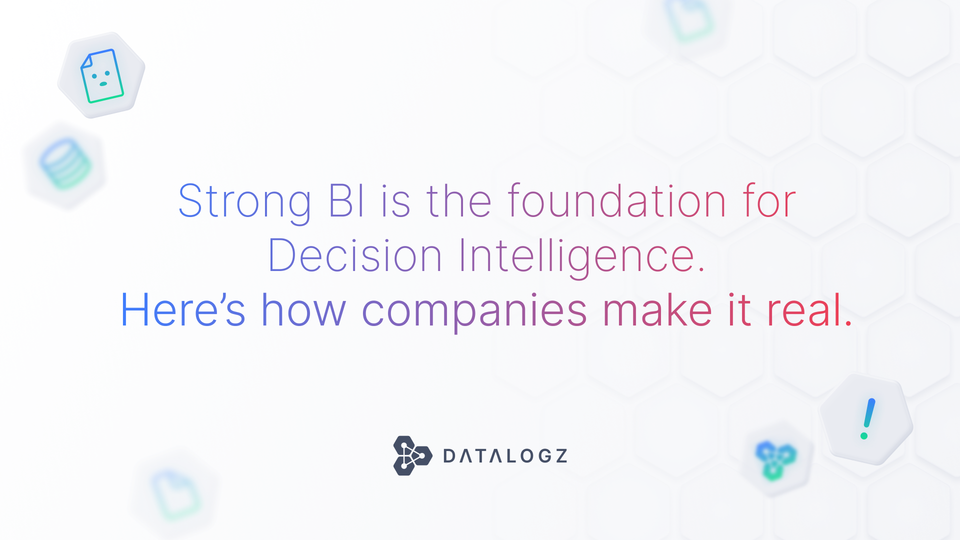The Strategic Imperative of Metadata in a Business Intelligence Ecosystem
Metadata is not merely ancillary to business intelligence; it is central to the design and function of modern BI systems.

In the landscape of business intelligence (BI), metadata serves as more than just data about data. It functions as a foundational component that, when managed correctly, profoundly enhances the integrity and utility of BI systems. This article explores the multifaceted roles of metadata in improving data quality, enabling sophisticated analytics, and ensuring robust security and compliance within BI systems.
Metadata as a Pillar of Data Quality and Governance
Effective data governance is critical for organizations aiming to leverage their data assets responsibly and effectively. Metadata plays a pivotal role in this domain by providing essential context for data quality management. It aids in data profiling, a process where data is analyzed to discover inconsistencies that could undermine its accuracy. This profiling facilitates targeted data cleansing efforts, ensuring that the information used across BI processes is both accurate and reliable.
Moreover, metadata supports comprehensive data governance strategies by documenting data lineage—tracking the origin, movement, and transformation of data through various processes. This transparency is crucial not only for maintaining the quality of data but also for complying with increasingly stringent regulatory requirements. Through such mechanisms, metadata acts as a linchpin in establishing a trustworthy environment for data-driven decision-making.
Enabling Advanced Analytics through Metadata
The utility of metadata extends into the realm of advanced analytics, where it enhances the capability of BI tools to perform more sophisticated data analyses, such as predictive and prescriptive analytics. Metadata provides essential context that helps artificial intelligence (AI) and machine learning (ML) algorithms function more effectively by accurately interpreting the data they process. This capability allows organizations to move beyond mere descriptive analytics to anticipate future trends and optimize decision-making processes based on actionable insights.
Operational Efficiency via Embedded Analytics
Embedded analytics integrate BI capabilities directly into operational processes and systems, thereby streamlining decision-making and enhancing business agility. Metadata is crucial in this integration, ensuring that the data surfaced through embedded BI tools is relevant, timely, and accurate. By maintaining a seamless flow of quality data, metadata enables decision-makers to leverage real-time insights without departing from their operational interfaces, thus driving both efficiency and effectiveness.
Strengthening Security and Compliance
As data breaches and cyber threats become more sophisticated, the role of metadata in ensuring security and compliance grows increasingly important. Metadata helps enforce security protocols by providing detailed audit trails of data access and usage, which is crucial for regulatory compliance and forensic analysis. In environments where data security and privacy are paramount, robust metadata management acts as a safeguard, reinforcing the overall security posture of BI systems.
Cloud-Based BI Solutions and Metadata
The shift towards cloud-based BI solutions has underscored the importance of effective metadata management. In cloud environments, where data is often distributed across multiple platforms and geographies, metadata provides a critical structure that helps manage data more cohesively. It facilitates better data accessibility, governance, and collaboration across the cloud, ensuring that organizations can leverage the scalability and flexibility of cloud computing without compromising on data integrity or security.
In conclusion, metadata is not merely ancillary to business intelligence; it is central to the design and function of modern BI systems. By ensuring data quality, enabling advanced analytics, integrating BI more deeply into business processes, and enhancing security and compliance, metadata management provides a strategic advantage. Organizations that recognize and invest in robust metadata management are better equipped to transform their data into meaningful insights, driving informed decision-making and maintaining a competitive edge in the digital age.




